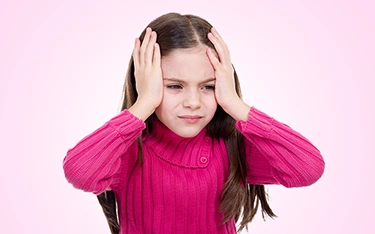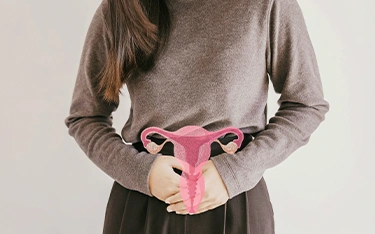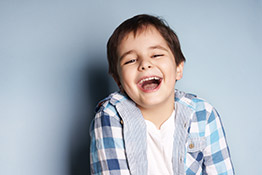Childhood migraines are more common than most people realise. Unlike adults, children may not always complain about headaches; instead, they might exhibit symptoms such as stomach pain, nausea, fatigue, or sudden mood swings. Without a proper understanding, these signs are often misinterpreted as something else. That is why timely recognition and care are crucial.
At Dr Batra’s®, we understand the unique needs of children. Our safe and gentle homeopathic approach focuses on identifying the root cause while providing personalised care for lasting relief. With 350+ doctors and 200+ clinics globally, our team ensures compassionate and effective treatment tailored to every child.
How to Identify Migraine in Children
If your child often complains of stomachaches, dizziness, or avoids going to school, it might not just be a tummy bug or nervousness; it could be a migraine. Childhood migraines are often missed because they show up very differently from adult migraines.
Here are some signs of migraine in children:
- Sudden and severe headache lasting 15–30 minutes
- Abdominal pain or unexplained vomiting
- Sensitivity to light, sound, or smell
- Dizziness or blurred vision
- Numbness in hands or feet
- Extreme tiredness or mood changes
Unlike adults, many children do not experience aura. Only one in five may show symptoms, such as visual disturbances or tingling. Early diagnosis is crucial for achieving long-term relief.
Insights from a global study
An international study published on PubMed found that homeopathic treatment significantly reduced the frequency, severity, and duration of migraine attacks in children aged 5–15. It also led to fewer school absences, highlighting homeopathy's role in managing paediatric migraine effectively.
Top Triggers for Migraine in Children
Triggers are often linked to emotions, routines, or physical stress. These include:
- Stress about school, teachers, or exams
- Poor sleep or missing breakfast
- Family tension or emotional disturbance
- Long screen time or eye strain
- Weather changes or loud environments
- Physical overexertion or skipping meals
Triggers can vary even for the same child. What causes an episode today may not trigger one tomorrow. Observing patterns is the first step to managing migraine better.
Dr Batra’s® pro tip:
Migraine affects 9.1% of children and 27.4% of teens, impacting school and daily life. Homeopathy uses safe, personalised remedies to reduce the frequency and severity of symptoms. It addresses root triggers, such as stress and sleep issues, in a gentle and side-effect-free manner.
Tips for Parents to Manage Migraines
- Keep a journal to track symptoms, timings, and triggers
- Create a calm and supportive environment at home
- Inform teachers so they can help during school hours
- Encourage hydration, regular meals, and good sleep
- Avoid screens before bedtime to reduce eye strain
- Teach relaxation exercises like breathing or yoga
- Help your child catch up on missed school work without pressure
- Remind them it’s okay to ask for help
Building confidence in children helps them manage their migraine better over time.




